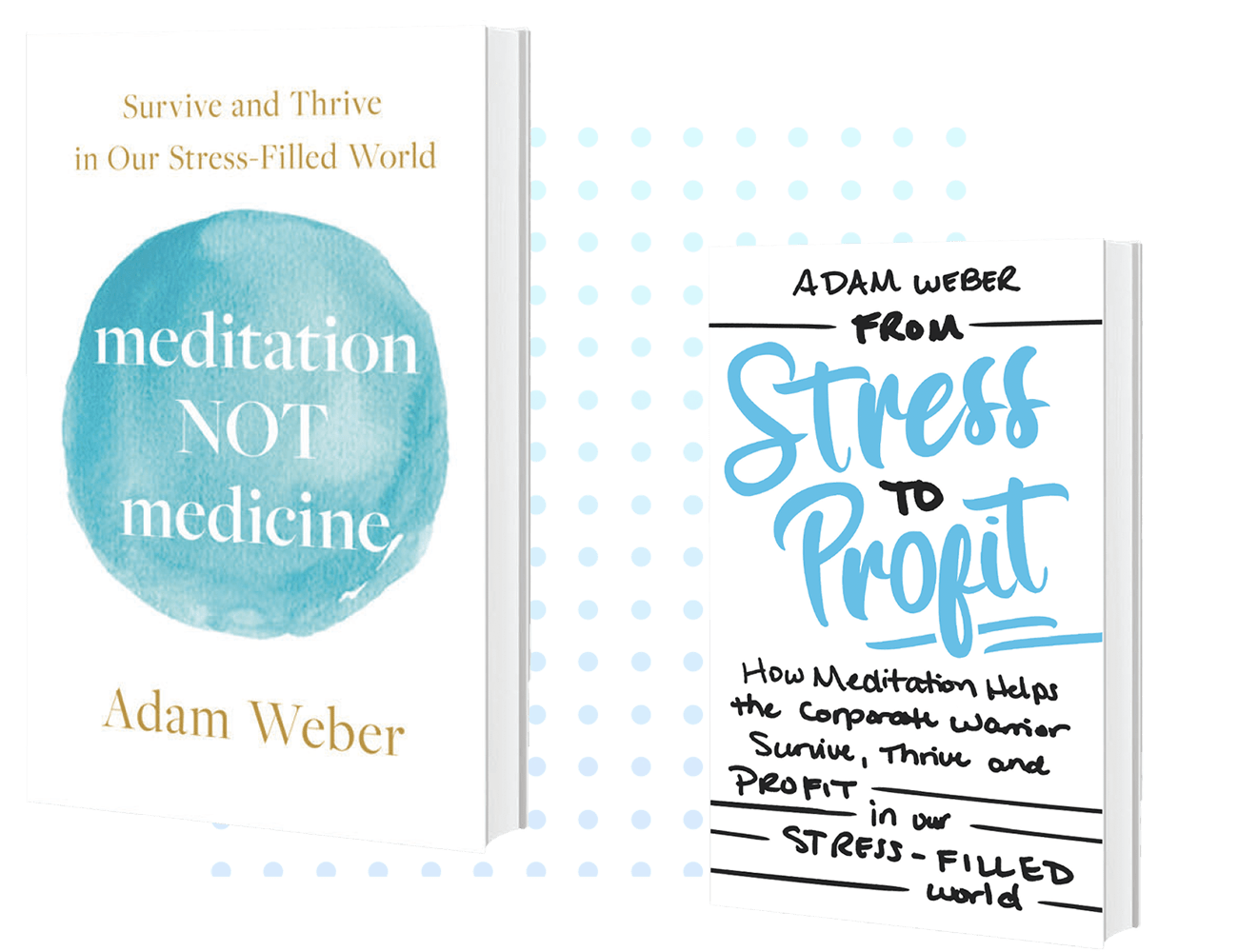There’s a lot of talk about the purpose of meditation these days, and for good reason. The practice has been shown to have countless benefits for mental and physical health. But what is meditation exactly, and why should we make it part of our routine? This post will explore the purpose of meditation and how it can help busy professionals stay focused and focused.
Many religions and philosophies advocate meditation. Meditation is also used as a tool in many activities and self-help purposes. While all these things might be disparate, the reasons for performing the meditation are comparable. Most of us feel we have a reasonable understanding of the practice of meditation, but many of us can’t describe the actual purpose.
Understanding the Perpose of Meditation can bring you many benefits:
1. It’s the one time your mind gets a rest. Your mind is constantly active. It’s thinking about ten different things every 15 seconds. It’s telling you that you need a drink of water. It’s worrying about your date next Saturday and reminding you that you don’t have enough money in your bank account to pay your cable bill.
* Sleep isn’t any better. In your dreams, you’re mainly acting and behaving the same way you do while awake. You’re still worrying about the same stuff during your dreams. Sleep is great for resting your body, but it’s not as helpful in relaxing your mind.
* In meditation, you create a space where your mind is essentially empty. In many forms of meditation, you focus on one trivial thing and concentrate all your thoughts on that single item or idea. It’s incredibly relaxing.
2. You learn how to focus. When you think of meditation, do you imagine someone sitting alone in a quiet room with subdued lighting? This is the easiest way to meditate, with no distractions. It’s like meditation with training wheels. But you could also be meditating most of the time.
* It’s easiest to learn to meditate under ideal conditions. Then, try expanding your meditation skills to other activities. You know you can meditate when you can stay calm, happy, and focused on a loud, hot, busy, smelly subway. Don’t live near the subway? Try a long day with the in-laws.
* Most of us focus very poorly. Imagine how much better you would feel and how much more you would accomplish if you could stay focused on the activity at hand. Plus, it’s hard to worry if you’re controlling the content of your thoughts.
3. You can find answers. When your mind runs a hundred miles an hour, it isn’t easy to find elegant solutions to your challenges. A brain needs a little space to find practical solutions to tough challenges. Meditation can provide that needed space.
* Have you ever noticed that many of your best ideas have come while doing something that occupies your mind in a relatively mindless way? Activities like mowing the grass, taking a shower, or driving down the highway with little traffic are great for solving problems. Your mind is occupied but free to wander a little. Meditation is similar.
4. Meditation is healthy. Stress is incredibly hard on the body. Meditation reduces stress, lowers your pulse and blood pressure, and improves sleep.
* You can do meditation quickly. You’d be surprised how much more you can accomplish and how much more enjoyable your day is when you meditate for a few minutes several times a day. Five minutes every hour is a great place to start.
Anyone can use meditation to bring rest and peace into their life. It can also improve your performance and help you relax and feel calmer in your day. Learn to meditate and enjoy a more outstanding quality of life.
Need more inspiration? Listen to the empowering story of cancer Survivor and Meditator Angelica Alen and how she discovered the value of health, self-love and listening to her body on this past episode of the Meditation NOT Medicine Podcast.


